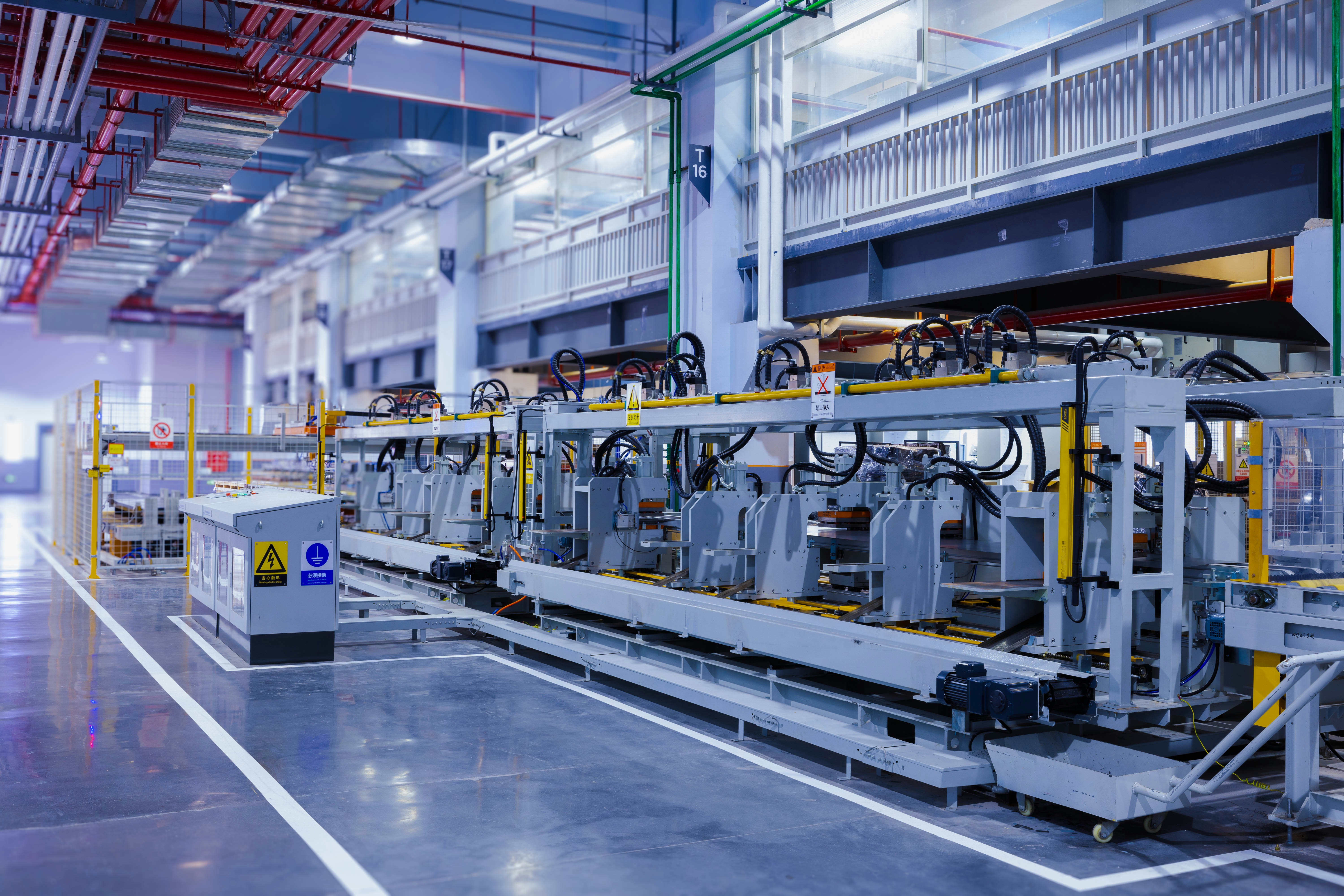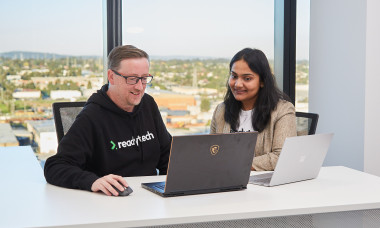Built for machines, not people? Why traditional ERPs alone can’t solve workforce complexity
When we think of Enterprise Resource Planning (ERP) systems, we often picture an all-singing, all-dancing system that automates processes and drives efficiency. But what happens when the workforce driving those processes isn’t as uniform as the systems built to manage them?
While traditional ERPs are powerful tools for operational efficiency, they weren’t originally built with the complexities of human behaviour and adaptability in mind. In manufacturing, where no two workdays or two positions are the same, a one-size-fits-all approach doesn't always address the full picture.
ERPs are built for operational excellence, and they deliver
ERP systems shine when it comes to managing the complex operations of manufacturing. This includes managing processes such as inventory, production schedules, logistics, and supply chain coordination all in one place. Tech-enabled platforms such as SAP, NetSuite and Microsoft Dynamics offer robust solutions that optimise processes and functions.
This seamless integration drives productivity and allows employees to focus on more strategic tasks. While they support operations, the question remains: are the traditional ERP frameworks equipped to handle the human side of manufacturing? For leaders juggling shift schedules, compliance risks, and workforce engagement — the answer is often, not quite.
The complexity of workforce management
Managing people introduces a different set of challenges that extend beyond process automation:
-
Award interpretation and compliance: Navigating complex industrial awards and enterprise agreements.
-
Shift flexibility: Managing factors like seasonal or contract workers and rotating shifts at short notice
-
Rostering and leave management: Need for real-time visibility that can account for fatigue limits or role-based qualifications which can make day-to-day planning harder
-
Time and attendance: Preventing payroll inaccuracies and reducing administrative burden
While some ERPs offer modules to support workforce management, many organisations still find themselves reaching for additional tools or manual workarounds to fill the gaps.
The workforce is dynamic – your tools should be too
Manufacturing teams span material handlers, machine operators, engineers and skilled technicians, each with their own working patterns, certifications, and expectations. Businesses need tools that can allow for a deeper understanding of their workforce.
Imagine a line supervisor noticing a dip in team morale or a new hire struggling to adjust. A traditional ERP won’t flag that. But a people-centric tool might prompt a check-in or suggest tailored training. This adds a layer of support that more process-specific ERPs aren't designed to catch.
It's not about replacing your ERP, it's about enriching it with a more human lens.
Why smarter workforce management tools matter now
Labour shortages, rising compliance pressure, and the need for agility are putting extra strain on workforce operations. Managing people well is no longer a ‘nice to have’, it’s business-critical.
Many manufacturers attempt to bridge the gap with spreadsheets, manual processes, or a mix of bolt-on tools. But these workarounds often create more complexity, not less.
Modern workforce management tools help by:
-
Automating complex admin like scheduling, time tracking, and award compliance
-
Reducing payroll risks with more accurate, real-time data
-
Improving workforce visibility so managers can make better, faster decisions
-
Supporting a better employee experience, from onboarding to shift swaps
In short, they help manufacturers manage people as effectively as they manage production.
You don’t need to replace your ERP – just add the human touch
Here’s the good news: manufacturers don’t have to scrap their legacy systems to bring in the human touch.
People-focused tools, such as ReadyTech’s workforce management platform, are designed to integrate with existing systems, filling the gaps ERPs leave behind and strengthening your entire tech stack.
From smart rostering and time & attendance to payroll, onboarding, compliance, and award interpretation, ReadyTech helps manufacturers to take a people-first approach to workforce management. One that is scalable and compliant across Australia and New Zealand.
By combining operational efficiency with human insight, you get a more holistic view of both your business and the people who power it. You don’t need to replace your ERP, simply strengthen what it can’t do.
Learn more about how we support the manufacturing industry at readytech.io/manufacturing






